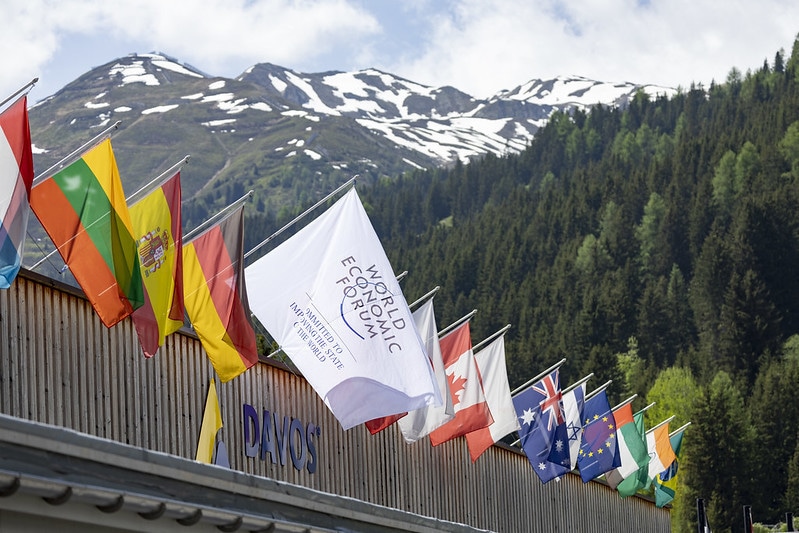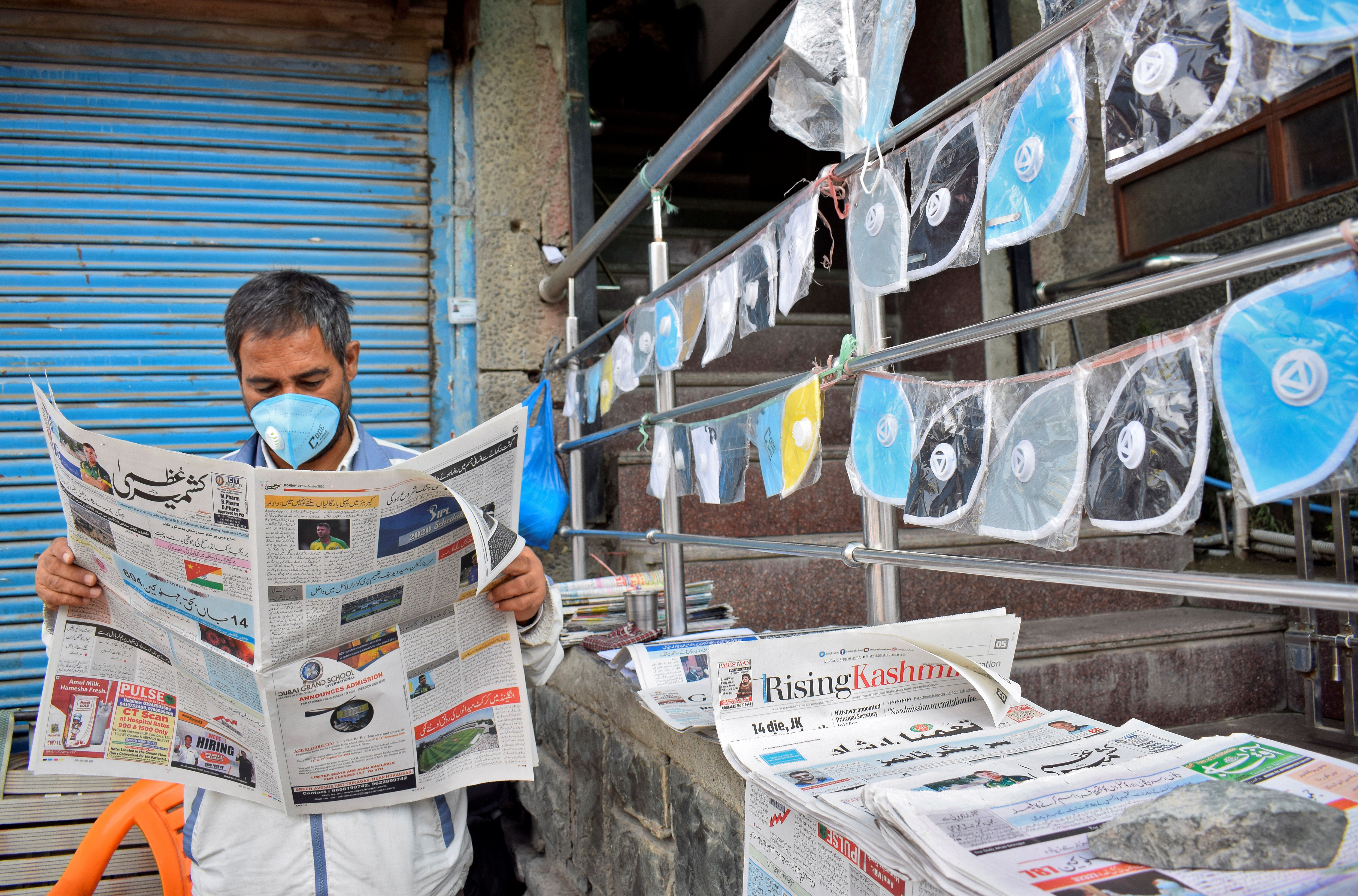Bachelor’s in Electrical and Electronics Engineering, Manipal Institute of Technology, India; Master’s in Media Studies, London School of Economics and Political Science, UK; Doctoral studies, Global Sustainability Institute, UK. President, Observer Research Foundation (ORF), one of Asia’s most influential think tanks; provides strategic direction and leadership to ORF’s multiple centres on fundraising, research projects, platform design and outreach initiatives, including stakeholder engagement; curates the Raisina Dialogue, India’s annual flagship platform on geopolitics and geo-economics, and founded CyFy, India’s annual conference on cybersecurity and internet governance; spearheads the foundation’s efforts to foster new international partnerships and globalize its platforms.
Member, Regional Action Group of the World Economic Forum (WEF); Member, WEF Global Council on Geopolitics; Member, Board of Directors, ORF America; Member, Board of Microsoft’s Digital Peace Now.
Writes frequently on issues of global governance, climate change, energy policy, global development architecture, artificial intelligence, cyber security, internet governance, and India’s foreign policy. Has authored four books, several academic papers, and is featured regularly in Indian and international print and broadcast media.















